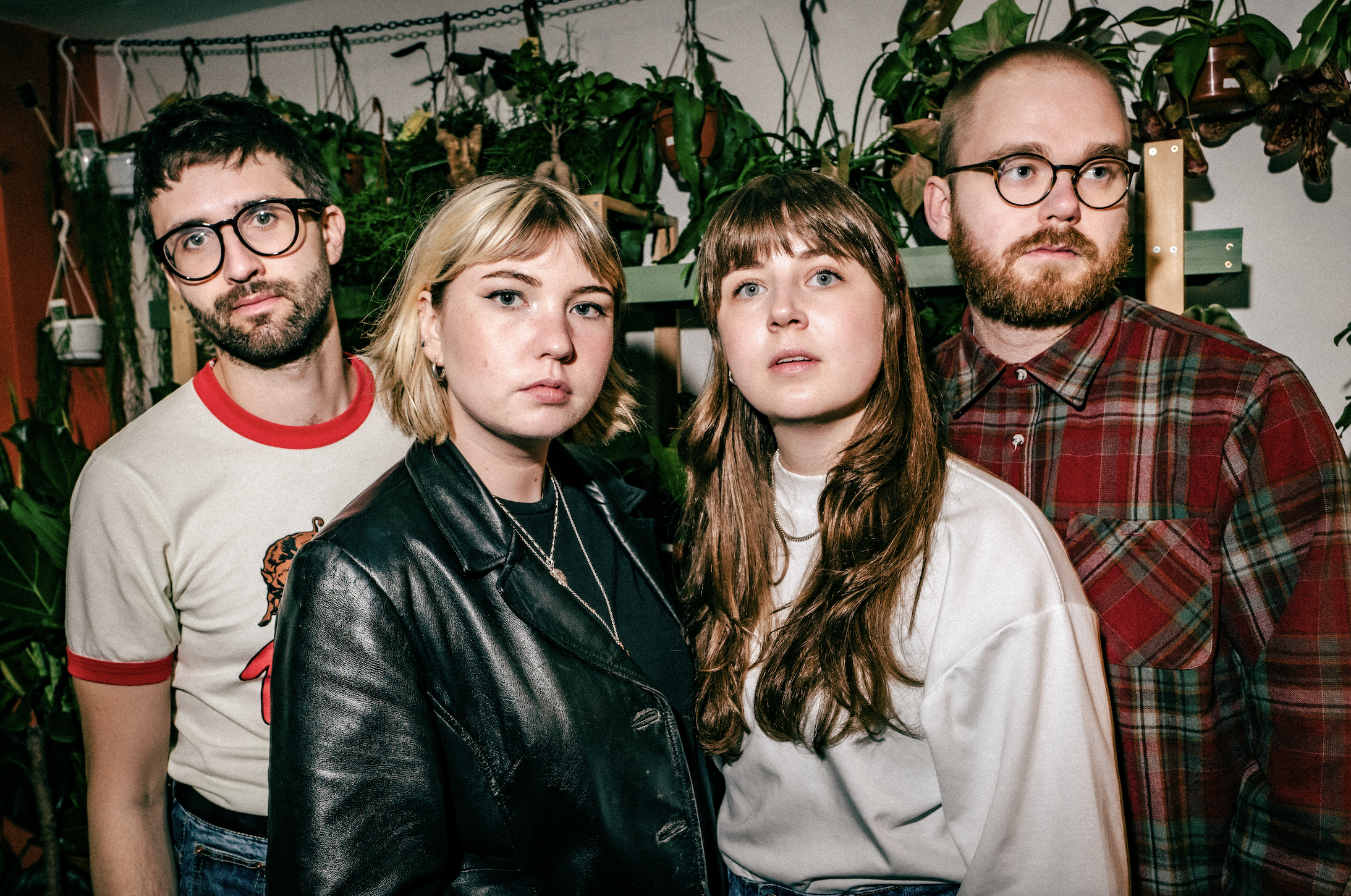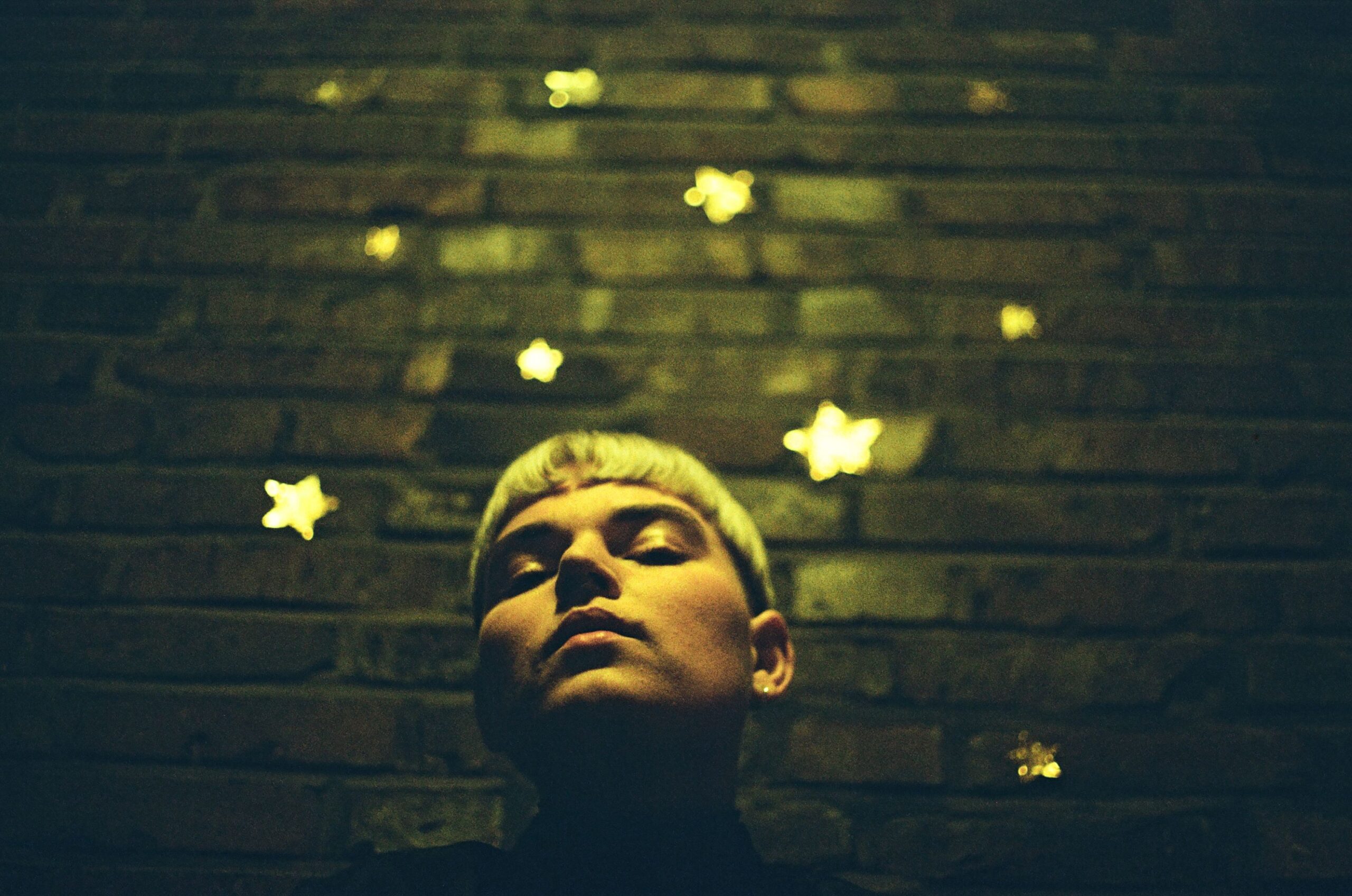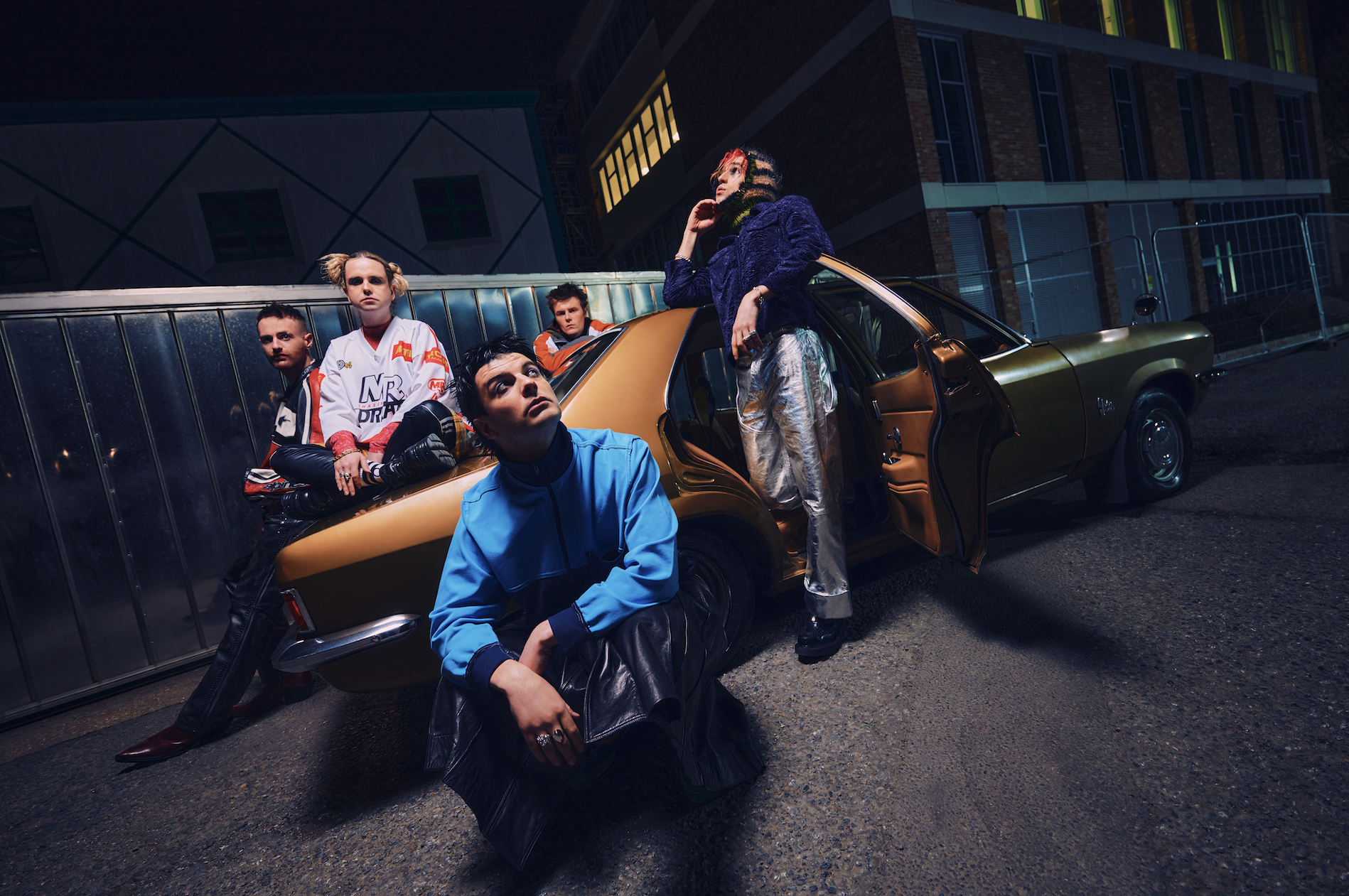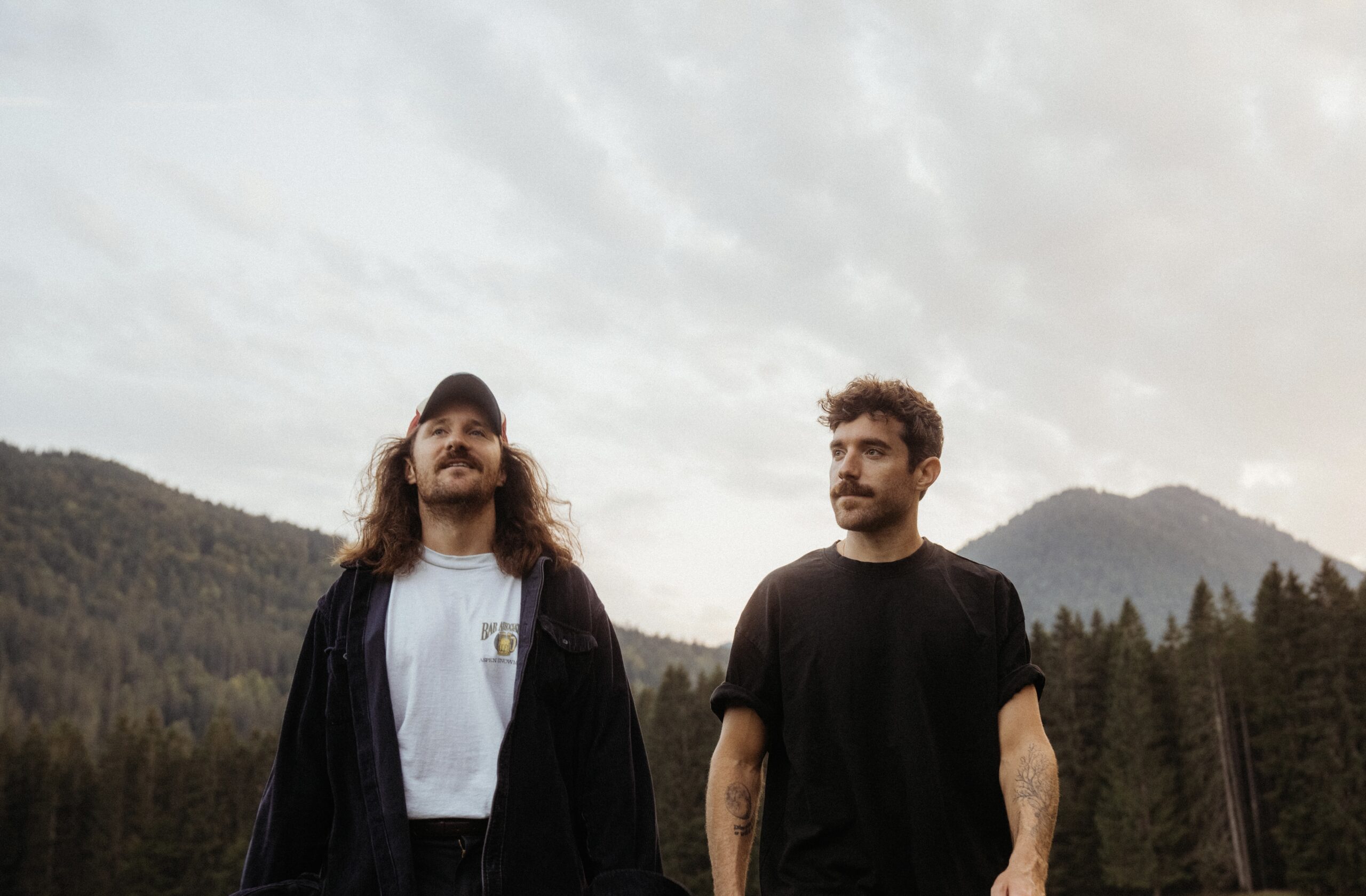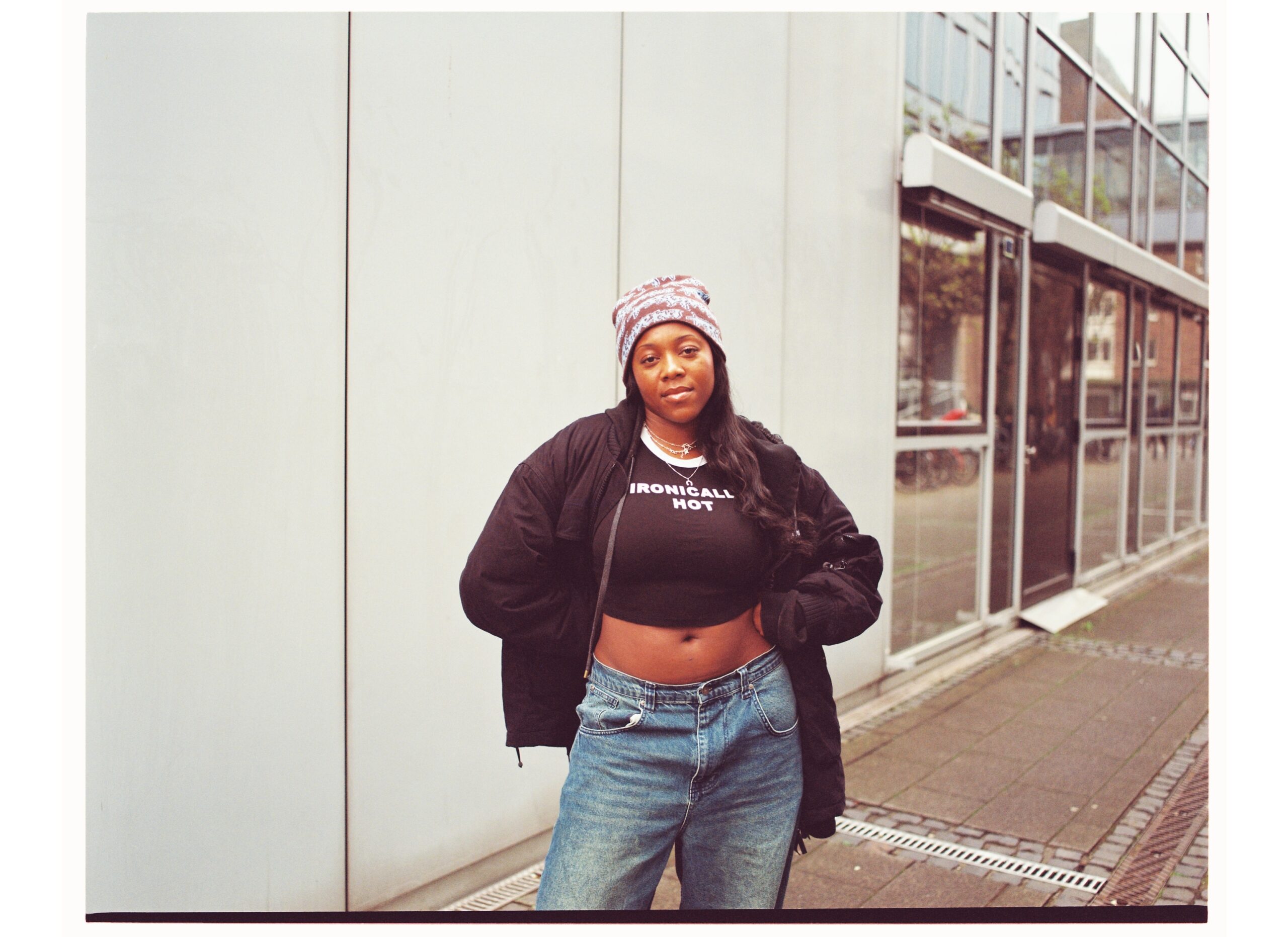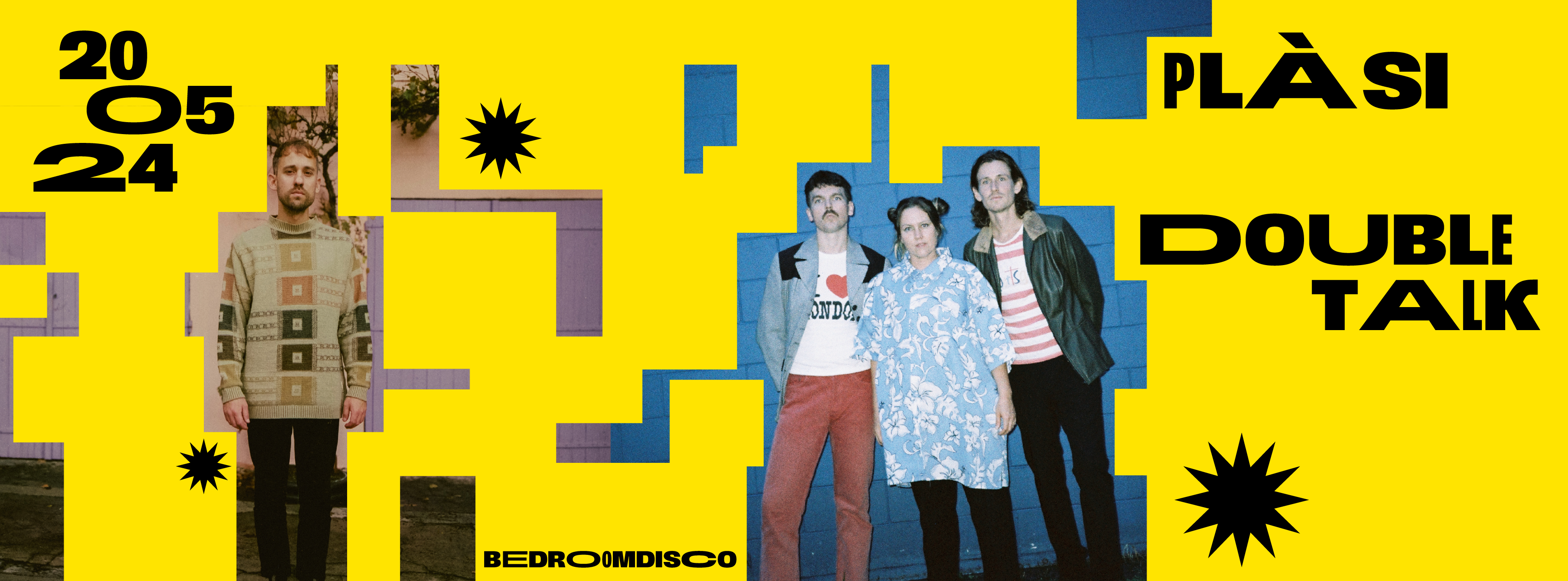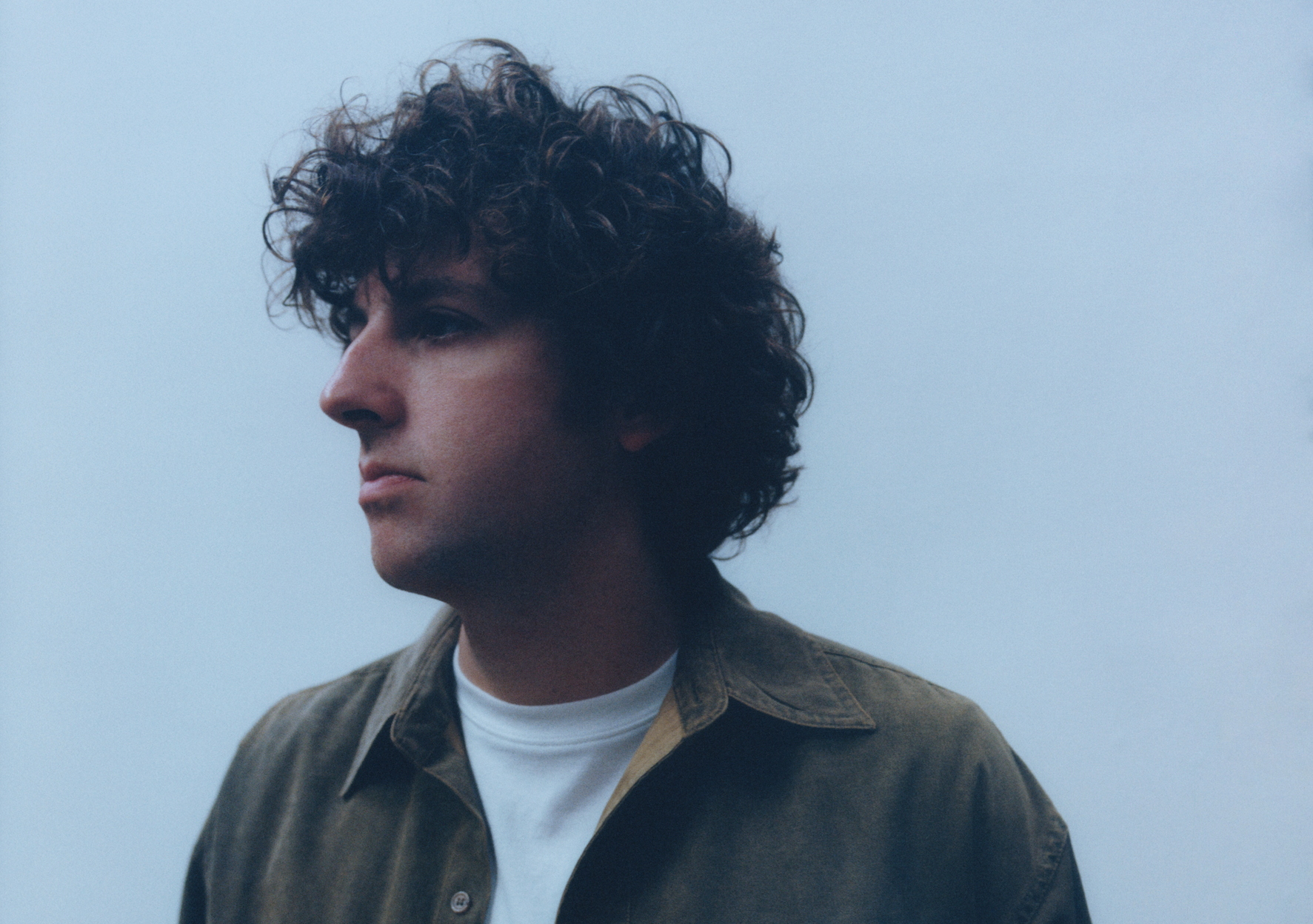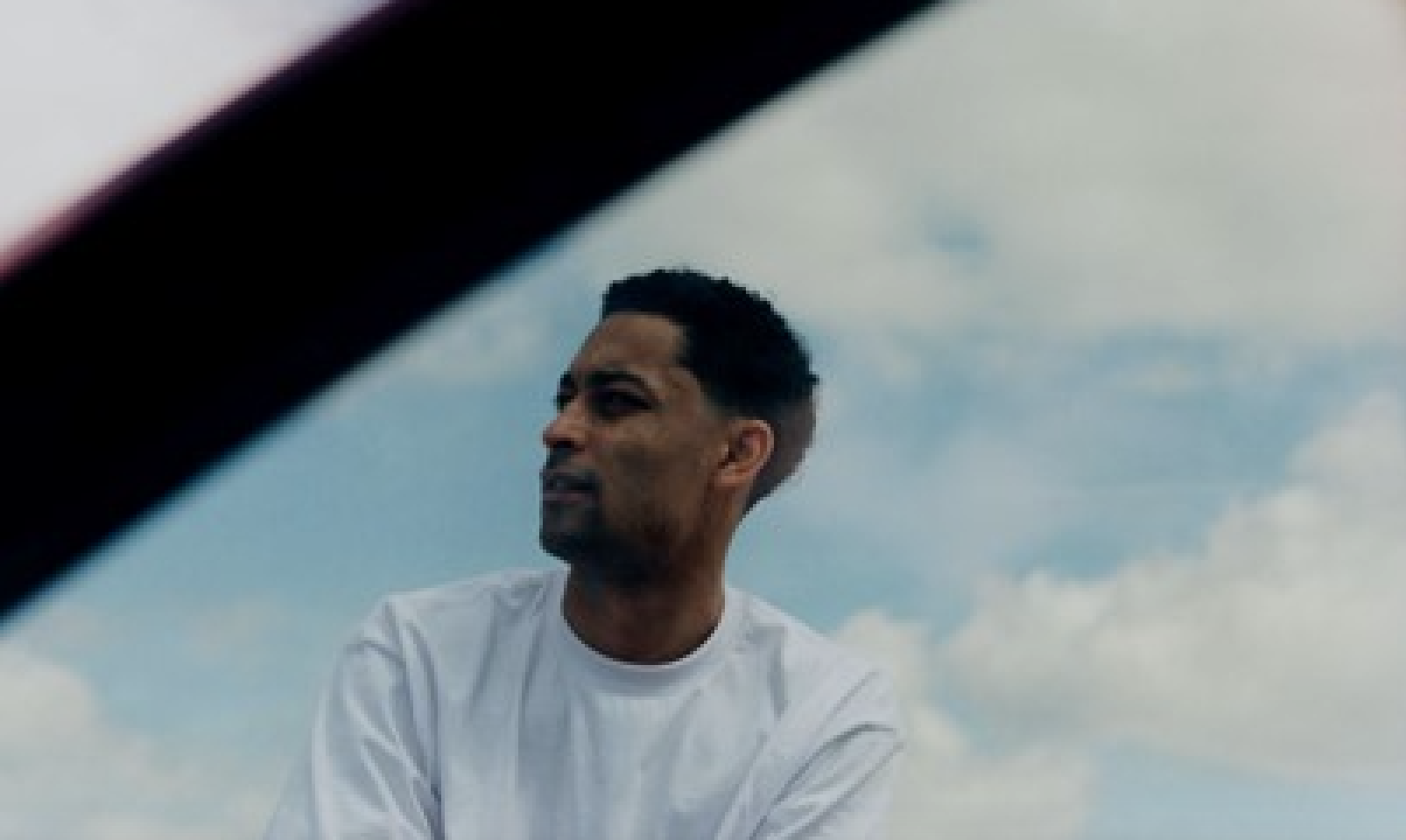Foto-© Jack Davison
Das erste Mal live gesehen habe ich Loyle Carner im Astra in Berlin Ende 2019. Eine Detox für die Seele – so habe ich das Konzert damals in meiner Review beschrieben. Damals galt der britische Rapper in Deutschland noch als eine Art Geheimtipp. Mittlerweile kennt jeder Fan von Englischsprachigem Rap den 28-Jährigen, der sich selbst ganz bescheiden als “not really famous” bezeichnet. Seine Mischung aus sanftem R’n’B, klassischem Rap und Spoken Word ist handwerklich und emotional auf einem Niveau, von dem viele seiner Kolleg:innen nur träumen können. Doch nicht nur seine Skills auf und abseits der Bühne beeindrucken.
Bereits auf seinen ersten beiden Alben Yesterday’s Gone und Not Waving, But Drowning hat Loyle Carner einen tiefen Blick in seine Seele gewährt. Sexistisches Machotum und toxische Männlichkeit sucht man hier – zum Glück – vergebens. Stattdessen dreht sich das künstlerische Werk des Londoners um Identität, Rassismus und Familie. Ein wahrer Softboi, sozusagen.
Am 21. Oktober folgt mit dem dritten Studioalbum hugo nach den Singles Hate, Georgetown und Nobody Knows (Ladas Road) endlich das neuste Gesamtwerk aus der Schmiede des Rappers, der sich darin mit der Suche nach seinen Wurzeln und der Frage beschäftigt, was für ein Vater er für seinen jungen Sohn sein möchte. Anlässlich von hugo haben wir uns mit Loyle Carner zum Interview verabredet. Ein sehr persönliches Gespräch über Identität, Privilegien und Vergebung, das mich nachhaltig beeindruckt hat.
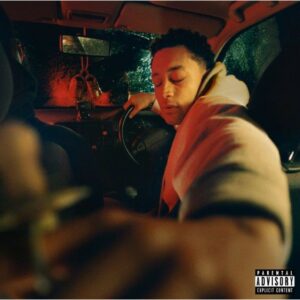 I’ve had such a great time listening to your album and it made me very emotional, which I think is so remarkable because most of the topics you talk about don’t really apply to me as a white woman. To me, that’s how you can tell it’s a great album when you can really relate to what artists talk about, even though it’s not part of your daily life.
I’ve had such a great time listening to your album and it made me very emotional, which I think is so remarkable because most of the topics you talk about don’t really apply to me as a white woman. To me, that’s how you can tell it’s a great album when you can really relate to what artists talk about, even though it’s not part of your daily life.
That means a lot to me.
Is it hard to let it go of hugo after working on it for more than three years, or is it easy because you feel like this needs to get out into the world now?
I’m so happy to get rid of it. It’s so intense. And I think that music, compared to other art forms, is completely quantified by its success. It is measured in numbers. I released my album and if it gets this many sales it’s a success, if it doesn’t, it isn’t. For me, I’m trying to close that noise off, but the only way to do that is to just release it, you know. Not focus on how it does when it comes out into the world, but just move on and get back to creating. As soon as it’s out in the world and everyone gets to hear it, it’s no longer mine. And I can then free up the headspace to make more music.
In this kind of economy that we have right now, you always have to have output. Every idea has to lead to something for it to be valuable.
Yeah, and forcing someone to release shit all the time doesn’t breed good art. The reason that I’m proud of this album is that I’ve had time to wait until I was really hit by something that I needed to speak about. And then I was able to speak about it honestly and openly. I think when you feel like you’re just on a conveyor belt of music and say shit, I gotta go home and make something that kids will like that’s not the point of making. You don’t sit in front of a canvas and go, let me paint something that the kids will like. You just paint.
And especially with an album that’s so personal, I feel like there’s no way to rush it and there’s no point in rushing it as well. You continue to speak about your journey of growing up biracial. In Nobody Knows (Ladas Road) you speak about the struggles of not being accepted by the Black community and also not really being accepted by the white community. Have you made your peace with that?
This process taught me a lot, actually. Because I have to be myself. I think the reason why I was becoming stuck was just I was trying to fit in and you don’t need to fit in. But yeah, definitely. I think it was nice because that song in particular, maybe what you’re alluding to before, like for me it’s about being othered in the sense that I’m not Black, I’m not like I think many people, if you don’t look at face value, you know what it is to be like the other. To be the weird one, the loud one, the quiet one, the uncomfortable one in any situation. So hopefully that’s something that people can resonate with and understand because it isn’t an experience that is saved only for people of mixed race, but it’s a wide-reaching thing.

Yeah, absolutely. In the same song, you talk about how hard it might be for your own son to grasp his identity. Do you think this kind of alienation is just part of growing up or is there a way you can kind of prevent going through it?
I think it is part of growing up anyways and I think it’s not just about being mixed race. It will be because your hair is different or your eyes are this way or your lips are that way. Early on in the album process, I was very hard on myself because I didn’t want the experiences I had as a kid to be passed on to my son. I guess what I was trying to make with this album selfishly, was something for myself purely. It was something that when I was 14 if I had had an album like this, it would have made things so much easier for me, you know? Just the feeling of being able to be myself and to be seen.
Have you ever faced some sort of backlash from other Black artists or fans who kind of talk to you about the colorism in our society, that light-skinned Black people still have a lot of privileges they don’t have?
It is not like it has come up to me yet, I guess, because it’s this still an open conversation. But for sure, you know, I would never take away anybody else’s plight. To talk about myself for sure, I have experienced many, many pockets of privilege that other people that I’m close to haven’t experienced for whatever reason, you know, not just from race, but gender, sexual preference, etc. But I think all I can do is tell my story. You know, I cannot tell the story of what it is to be to have two Black parents. I can’t tell the story what it is that to white parents can’t tell the story of what it is to be gay or any of these things that all I can tell is the story of what it is to be mixed race. Hopefully, we all tell our story collectively.
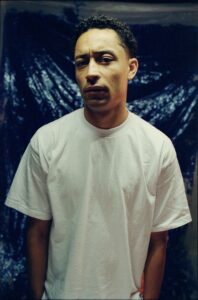
Could you tell me a bit more about the song Plastic? To me it feels like it’s about superficiality and you use the term plastics slaves. I would love to get some insight on that.
That’s my favorite song on the album I think. It was like the first time it was completely free. I really want to stop writing my lyrics so intensely. But yeah, it’s about being superficial. It came from two things that happened pretty close together on the BBC. A woman said the N-word just on daytime TV. And that was crazy enough. Then The Guardian mistook Wiley for Kano just on an ignorant institutional racism thing. And it just made me start thinking that these are places that I look to for news, a place I look to for validity and truth. And really, then I have to turn the mirror onto myself because I guess that’s kind of where the song comes to in a crescendo. Is that really I’m no better than anyone else. You know, I’m caught up in consumerism and worry about having a double chin or does my hair look good in this photo or should I get a new coat. So I’m the biggest loser of them all, you know? I mean, because I’m pointing the finger at everyone else when really I should be pointing to myself.
On hugo you talk a lot about masculinity. Hip-hop as a genre has very rigid ideas of masculinity. How have you been influenced by that?
Negatively, I think I’ve missed out on opportunities, if I’m honest, because at times I’ve gone, I want to do that but it’s not cool or it will be seen as weak. I’ve tried my best to be the antithesis of that. I’ve tried to work against that at all times. Speak about my mom, speak about wanting to have a sister and pancakes. All the things that seem to be soft. But I’d be lying if I said that inside and externally, when I’m at an event or a show, I’m still always trying to find a way to come across as heavy and strong. At the same time, you know, I looked up to the people who were telling the same story as me. Early Kanye West being so openly against homophobia and the disrespect of women. But I think the toxicity of the genre is still there, it is a lot better, but it’s still there. Men are expected to not speak about their feelings and not cry.
Men or boys are not allowed to speak up. And you probably have these group of boys everywhere. Everybody is hurting. Nobody’s brave enough to speak about it.
Yeah, because that’s real bravery.
On Polyfilla you talk about how when you were young, you wanted to be famous and “now you wish you were nameless”. Do you regret becoming a well-known artist?
No, I don’t. I don’t regret it. I recorded that verse with my son on my lap. I’m not really that famous, and I don’t ever want it to be a thing that gets in the way of my son’s life. You know, I want to be able to do all the things that I never got to do with my dad, with him without interruption. Look, it’s a beautiful thing, but it’s very intense. Especially when you’re an overthinker like me and you’re self-conscious like me, and you’re shy in some ways. It takes a lot of getting used to. I’m very grateful for it.
Thank you so much.
Loyle Carner Tour:
20.01.23 Berlin, Columbiahalle
24.01.23 Köln, Carlswerk Victoria
31.01.23 München, Tonhalle


